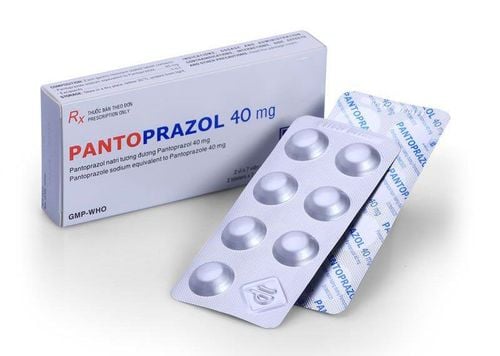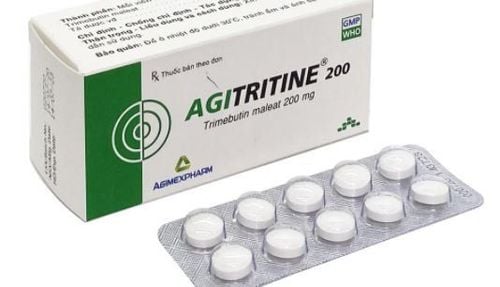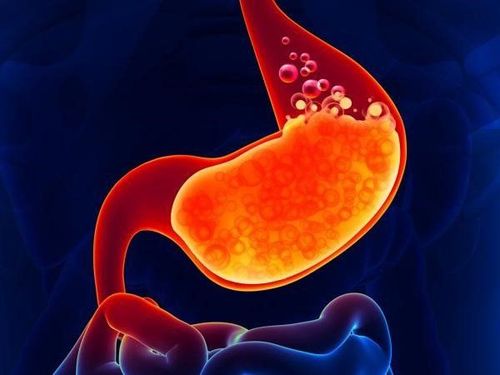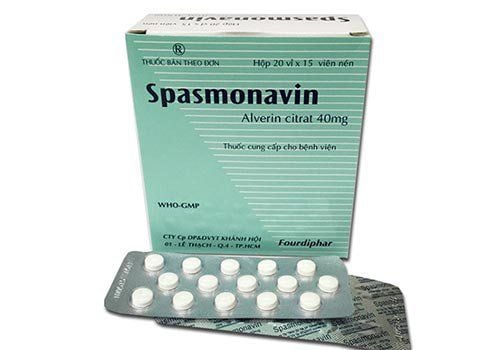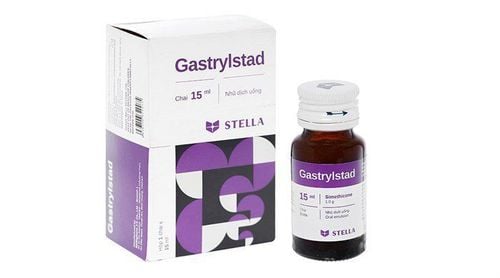This is an automatically translated article.
The article was professionally consulted by Specialist Doctor I Tran Cong Trinh - Radiologist - Radiology Department - Vinmec Central Park International General Hospital. The doctor has many years of experience in the field of diagnostic imaging.Ultrasound is one of the most widely applied and popular subclinical examination techniques today. Stomach ultrasound helps doctors detect abnormalities in the stomach and diagnose diseases related to the stomach and digestive tract. This is a safe method, the results are fast, the accuracy is quite high, the cost is lower than other methods. The article will help readers answer frequently asked questions during gastric ultrasound.
1. What is stomach ultrasound?
Gastric ultrasound is a technique that uses ultrasound waves (with high frequency) to detect abnormalities of the stomach and can screen for stomach cancer. The method of general gastric ultrasound helps patients detect abnormalities of the stomach and digestive tract if any, thereby giving the most appropriate and effective treatment.The ultrasonic method uses ultrasonic waves, does not use chemicals or ionizing radiation, so it is considered a safe method for health.
However, this method is only applied in finding the primary cause of the disease, in general for exploration and diagnosis. If a closer examination is required, the doctor will have to specify other technical methods such as gastroscopy,...
2. The technique of conducting gastric ultrasound?
Like other ultrasound techniques, the doctor will apply a layer of gel to the area of the body to be ultrasound, then use a device with a probe to scan around the epigastric area. The ultrasound image will be transferred directly to the screen, helping the doctor diagnose abnormalities inside the patient's stomach and then give the appropriate treatment.
Bác sĩ sử dụng thiết bị đầu dò quét xung quanh vùng thượng vị để siêu âm dạ dày
3. When is a stomach ultrasound needed?
In addition to the doctor's prescription when needing to evaluate the disease, the patient can also request it. Subjects who need to perform gastric ultrasound:Digestive disorders, indigestion, bloating and flatulence. Symptoms of frequent belching, heartburn and other problems related to digestion. People with symptoms of acute stomach-related diseases such as: stomach bleeding, vomiting blood, severe stomach pain,... People with gastritis, severe esophagitis. Should be examined due to suspicion of foreign body in the stomach. People with congenital stomach defects, duodenal defects. The doctor suspected there was a tumor in the stomach, stomach cancer, acute stomach ulcer. People who cannot perform gastroscopy.
4. Is stomach ultrasound painful?
Gastric ultrasound is a minimally invasive, almost uncomplicated, painless method because the doctor only uses a probe that contacts the outer surface of the abdominal skin. This is a very safe method, patients can go home right after the ultrasound is done without having to stay in the hospital to rest or monitor their health status.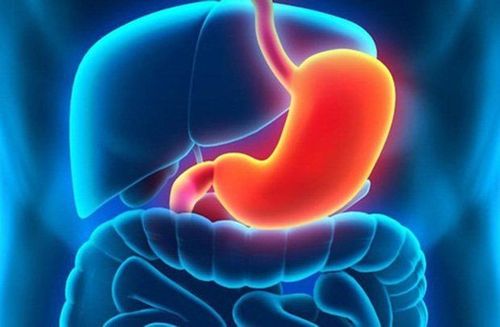
Siêu âm dạ dày là phương pháp chẩn đoán ít xâm lấn và không đau đớn
5. Advantages and disadvantages of gastric ultrasound
Advantages:The method of gastric ultrasound is simple, easy to perform, safe, gives quick results, patients do not feel uncomfortable during ultrasound, low cost.
Disadvantage:
Gastric ultrasound is only an initial general exploratory diagnostic method for doctors to find the original cause of the disease, but not every case of stomach ultrasound can find the cause.
Ultrasound is outside the surface of the abdomen, so stomach ultrasound cannot help doctors directly observe the stomach lining, and it is impossible to take samples to conduct experiments.
For example, gastric ulcer caused by H. pylori cannot be detected by gastric ultrasound. The patient needs to have a gastroscopy, a new HP bacteria test for accurate diagnosis of gastric ulcer
Ultrasound only uses wavelengths, so the images obtained are quite difficult to observe and not really clear. From there, it affects the determination of the exact total damage.
6. Can ultrasound detect stomach pain?
There are many causes of stomach problems. In particular, gastric ultrasound is only a method to probe for abnormalities of the stomach, so this is not the most optimal method to diagnose stomach pain. Therefore, if you want to examine and treat stomach-related diseases, your doctor can combine ultrasound with many other diagnostic methods such as endoscopy or endoscopic gastric ultrasound (combined with ultrasonography). during endoscopy).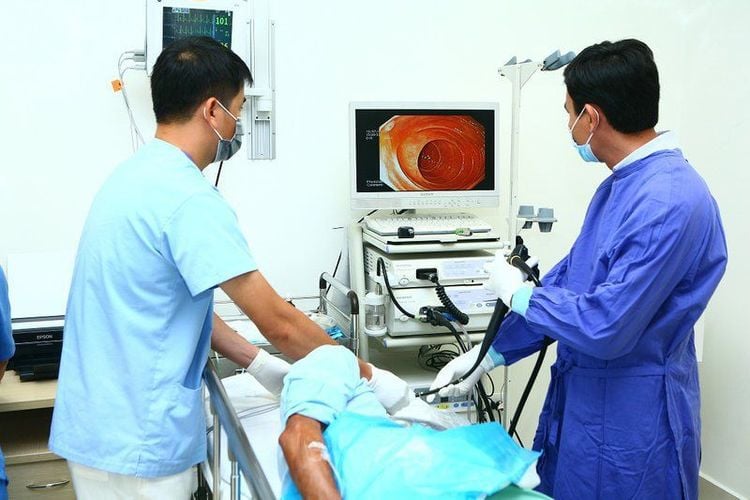
Siêu âm phải kết hợp nội soi để chẩn đoán chứng đau dạ dày chính xác nhất
7. Do you need to fast before going for a stomach ultrasound?
Both gastric ultrasound or gastroscopy are required by the doctor to fast for 6-8 hours before the procedure. Prioritize to do it in the morning so that the patient does not have to fast for too long and after 1 night of waking up, the stomach is still empty, thereby helping the imaging results become more accurate.The reason is that if the food has not been fully digested, it will not be visible or difficult to see on ultrasound or endoscopy. From there the doctor can hardly see lesions on the surface of the stomach, or tumors. From there the conclusion will be incorrect and the ultrasound becomes useless.
8. What should be paid attention to before gastric ultrasound?
In addition to fasting, people who go for gastric ultrasound need to pay attention:Should drink a lot of water to make it easier to see the inside of the stomach. Wear loose, comfortable clothing to facilitate ultrasound manipulation. Keep your mind at ease, avoid stress because psychology along with fasting will cause the stomach to contract strongly, causing stomach pain.

Người bệnh nên uống nhiều nước trước khi tiến hành siêu âm dạ dày
When screening for gastrointestinal cancer at Vinmec, you will receive:
Gastrointestinal specialty examination with an oncologist (by appointment). Gastroscopy and colonoscopy with an NBI endoscope under anesthesia. Complete peripheral blood cytology (by laser counter). Automated prothrombin time test. Automated thrombin time test. Activated Partial Thromboplastin Time (APTT) test using an automated machine. General abdominal ultrasound.
Please dial HOTLINE for more information or register for an appointment HERE. Download MyVinmec app to make appointments faster and to manage your bookings easily.




